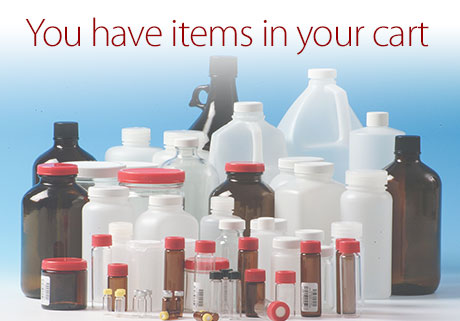 Autumn • 2022 Autumn • 2022 |
In this Issue: |
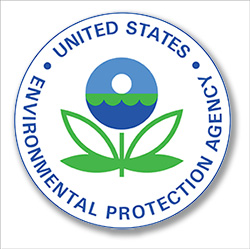 |
EPA community PFAS webinar scheduled On November 2, EPA is hosting a virtual public webinar from 2:30 to 4:00 pm ET to prepare and assist communities in engaging in EPA’s regulatory process for the upcoming proposed PFAS drinking water regulation. The Agency intends to provide communities with background information about PFAS in drinking water, the Safe Drinking Water Act rulemaking requirements, and the input EPA has previously solicited from community representatives and members. Participants will also be able to ask questions about the information presented. The Agency stressed that the webinar will not discuss the proposed rule’s specific requirements. The webinar is free, but registration is required to attend and is available online. The presentation will be recorded, and EPA will post the recording and presentation materials online. |
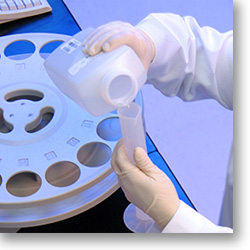 |
Advances in PFAS remediation and destruction Two recent studies show ways to destroy carbon-fluorine bonds that are safer and more practical than those now in use. Remediation can remove PFAS from water, but destruction of the PFAS molecules themselves is far more difficult. These discoveries may point the way to eventually removing PFAS from the environment altogether. In a study published this month in Science, Northwestern University researchers showed that PFAS can be destroyed by adding PFAS molecules to a solution of lye and dimethyl sulfoxide and exposing them to temperatures of up to 248 degrees Fahrenheit. The chemicals degraded into fluoride ions and other harmless byproducts. The treatment attacks a weak point in the PFAS molecule and causes a cascading collapse of the molecular structure. In another study, scientists at the University of California, Riverside discovered that adding iodide to a water treatment reactor that uses ultraviolet (UV) light and sulfite destroys up to 90% of carbon-fluorine atoms in PFAS in just a few hours. The addition of iodide accelerates the speed of the reaction up to four times, saving energy and chemicals. |
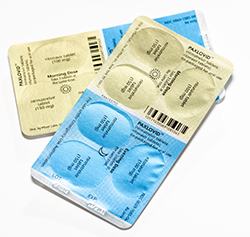 |
COVID-19 drugs persist in wastewater Certain drugs used to treat COVID-19 patients —including remdesivir, dexamethasone, and antibiotics for associated bacterial infections—persist through wastewater treatment and may occur in waterways at levels high enough to negatively affect aquatic organisms, according to a new study led by researchers at Penn State. The findings highlight the broad utility of wastewater surveillance as a tool for monitoring the effects of human health on water quality and ecosystem health. A team from Penn State University and USDA collected weekly influent (incoming) and effluent (outgoing) samples from two wastewater treatment plants in central Pennsylvania between May 2020 and May 2021. One of the sites includes a hospital in its service area. The researchers analyzed the influent at both wastewater treatment plants for the virus SARS-CoV-2, as well as the influent and effluent for a variety of medications that may have been used to treat COVID-19. Their findings are published in the Journal of Environmental Quality. Source: Lab Manager Monitor |
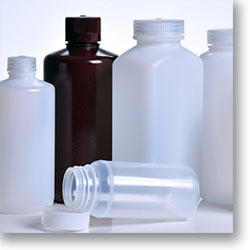 |
For leak-proof containers, quality is critical Not all plastic labware is created equal. There are a lot of plastic labware choices, but the quality of your work depends on using quality plastic labware that performs up to laboratory standards. Even though they may look alike, lesser quality alternatives come with a price that may not be obvious. Low quality plastics can contain significant amounts of additives and impurities that might leach into your lab solutions. High quality plastic resins meet analytical laboratory and food grade standards, and are chosen to minimize additives and reduce potential leachables. It is important to use plastic lab products like QEC’s Q-Seal™ and UltraLab™ that are made only from high quality laboratory grade plastics by reputable manufacturers. Graduated labware should be calibrated to meet accuracy standards and be guaranteed to meet basic requirements for laboratory use. Plastic bottles containing chemicals must provide reliable leakproof performance to protect lab staff from exposure to hazardous or infectious solutions, and to protect valuable samples and research materials from loss. A reputable brands like QEC’s Q-Seal™ and UltraLab™ gives labs the benefits of reusable plastic labware while protecting the integrity of valuable samples materials and research. For complete information on QEC's trustworthy line of leak-proof labware, contact our Customer Service Team. |
| © 2022 | Quality Environmental Containers, Inc. |
